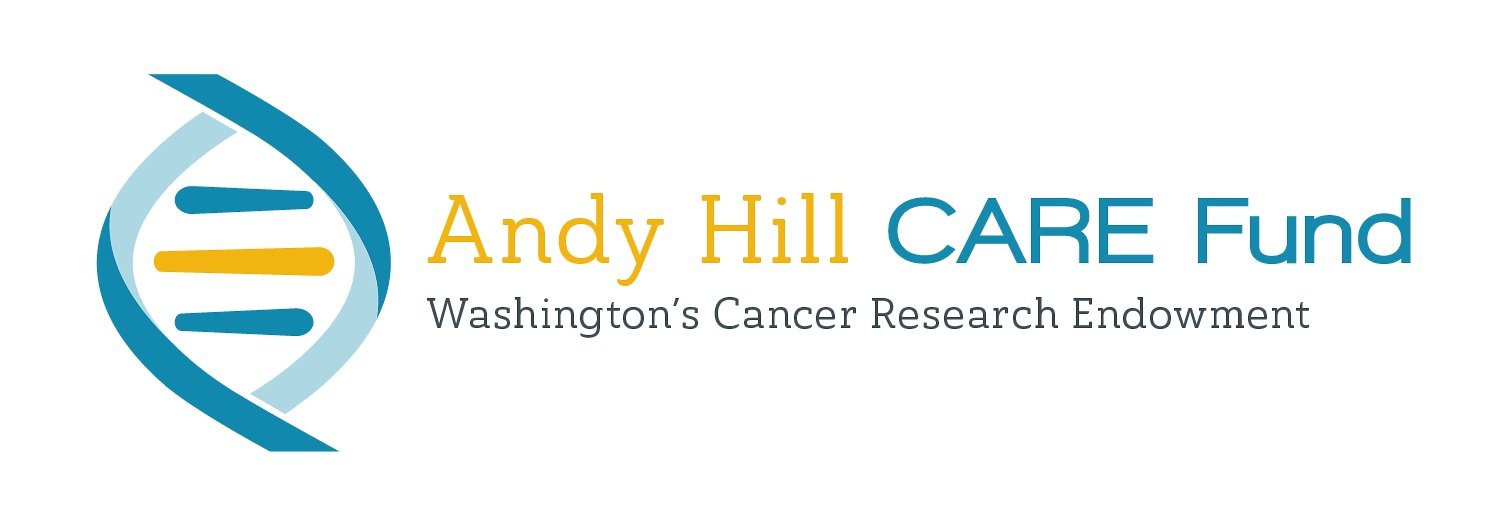Rivkin Center/CARE Fund Awardees
CARE Fund, in partnership with the Rivkin Center, issued the Rivkin Center/CARE Fund awards. This first-of-its-kind public-private partnership is investing $1M in ovarian cancer research in Washington state over two years.
Cycle 2
March, 2025
A VACCINE TO PREVENT OVARIAN CANCER METASTATIC SPREAD
University of Washington (Principal Investigator: Mary L. “Nora” Disis, MD)
Dr. Disis has been developing ovarian cancer vaccines for the past decade. This research will optimize an ovarian cancer vaccine by partnering it with a gold bead delivery system to prevent the spread of chemotherapy-resistant ovarian cancer and enhance immune response.
ADAPTATION OF HELPING OVARIAN CANCER PATIENTS COPE (HOPE) FOR CLINICIAN BURNOUT
Fred Hutch Cancer Center (Principal Investigator: Megan Shen, PhD)
Dr. Shen will address clinician burnout in gynecologic oncologists, an often-overlooked issue that directly impacts patient care and survivorship. Her work focuses on creating an intervention to improve provider well-being and, therefore, patient outcomes.
Cycle 1
May, 2024
Identifying ovarian cancer risk factors among women with endometriosis
Fred Hutchinson Cancer Center (Principal Investigator: Holly Harris, MPH, ScD)
Although we know endometriosis increases ovarian cancer risk, we do not know how to identify which individuals with endometriosis will develop ovarian cancer. Dr. Harris will conduct the first large-scale analysis of women with endometriosis to identify the characteristics that may be most important for ovarian cancer development. She will combine data from 10 studies that followed patients with endometriosis for up to 35 years. This work will identify a subset of high-risk individuals based on risk factors (such as medication use, prior surgeries, personal factors, health factors) who may substantially benefit from closer monitoring or more aggressive endometriosis treatment to prevent the progression to ovarian cancer.
Overcoming Barriers to Genetic Testing for Hereditary Ovarian Cancer Risk, a Key Step Toward Prevention
University of Washington (Principal Investigator: Elizabeth Swisher, MD)
As genetic testing for cancer risk becomes increasingly accessible, the goal of eradicating hereditary ovarian cancer through comprehensive genetic testing and effective prevention is tantalizingly close. However, several large studies have revealed that a large minority of people get partway through the genetic testing process, then change their mind and do not complete testing. Dr. Swisher will discover reasons for non-completion of genetic testing by interviewing people from a previous trial and by analyzing data on potential factors. Our improved understanding of genetic testing barriers will then be used to design supportive strategies to broaden access to cancer genetic testing and ultimately eliminate hereditary ovarian cancer.
